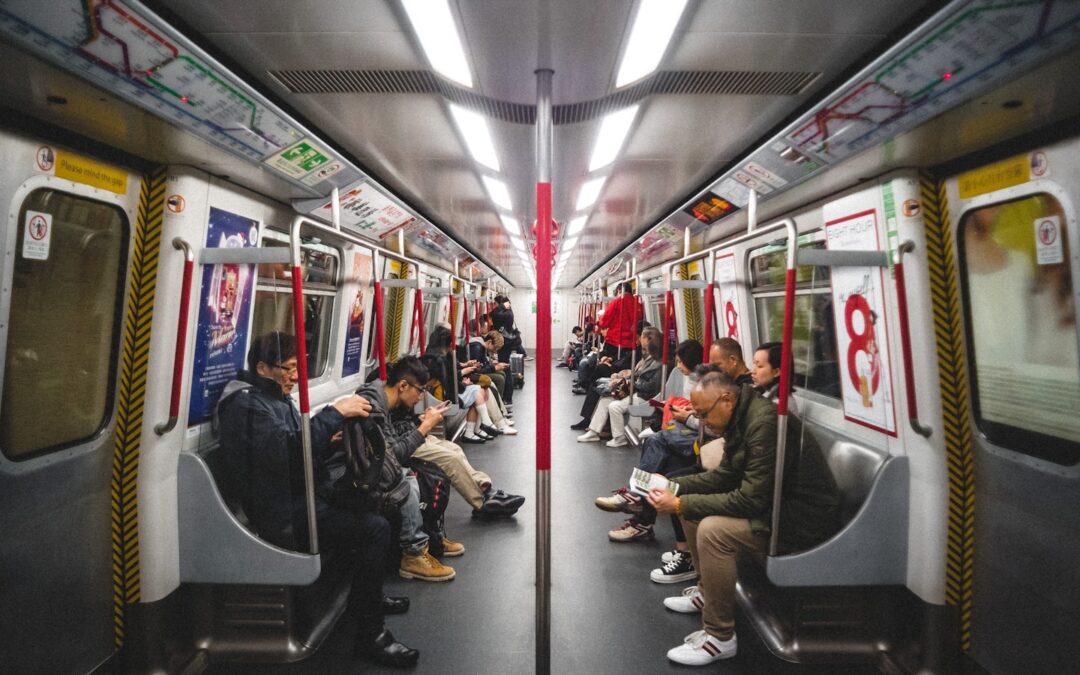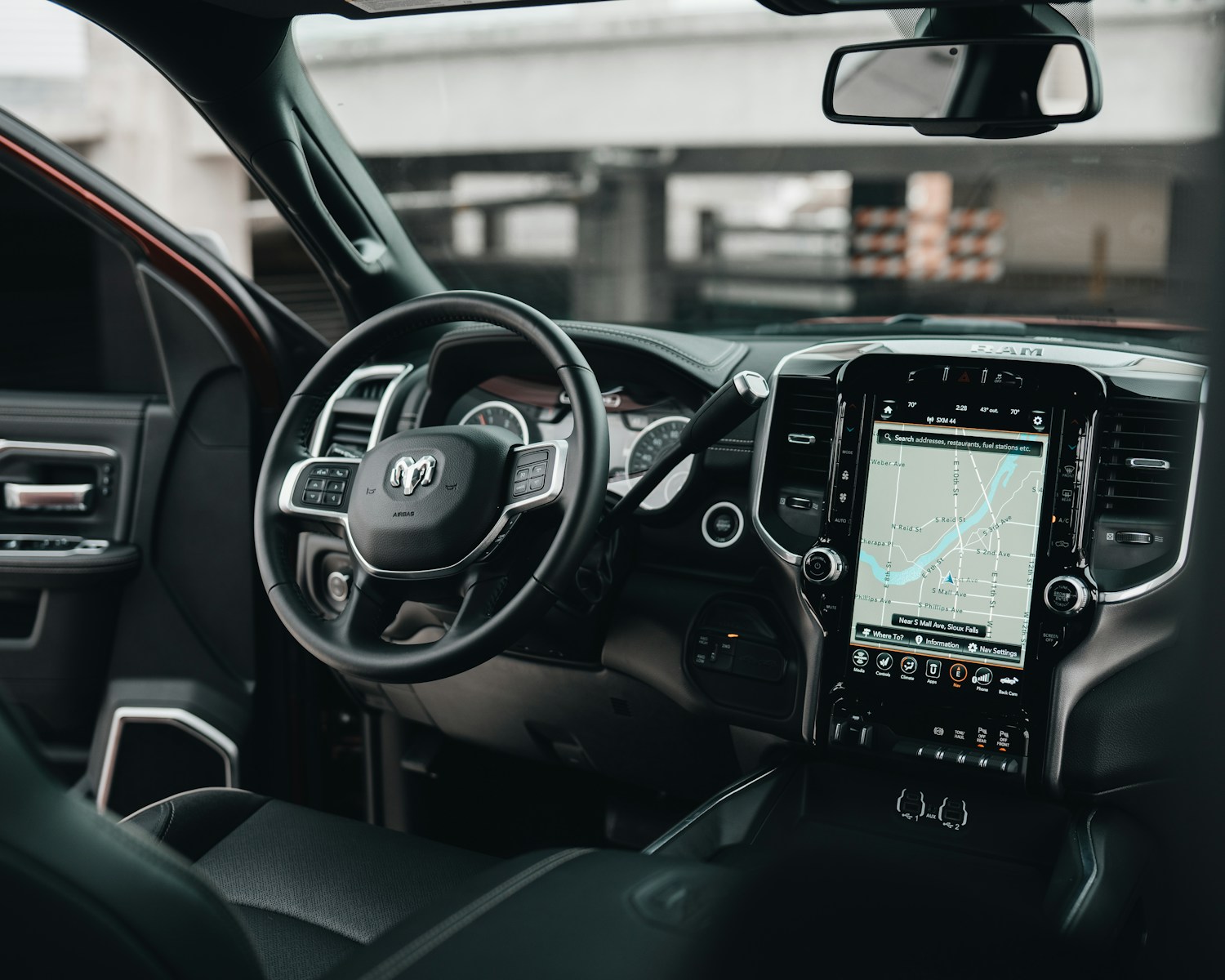Optimizing Efficiency and Reliability through Advanced Connectivity
Revolutionizing Public Transportation Systems
The integration of connected vehicle technologies in public transportation is transforming the efficiency and reliability of transit systems worldwide. This is particularly evident in regions like Saudi Arabia and the UAE, where cutting-edge technology and smart city initiatives are driving significant advancements. By leveraging real-time data and advanced communication systems, connected vehicle technologies can streamline operations, reduce delays, and improve the overall passenger experience.
Connected vehicle technologies encompass a range of innovations, including vehicle-to-vehicle (V2V) and vehicle-to-infrastructure (V2I) communication. These systems enable public transportation vehicles to communicate with each other and with traffic management infrastructure, providing real-time updates on traffic conditions, route adjustments, and potential hazards. In bustling cities like Riyadh and Dubai, where traffic congestion is a common challenge, these technologies can dynamically adjust bus routes and schedules to avoid delays, ensuring timely service for passengers.
Furthermore, the integration of Artificial Intelligence (AI) and Blockchain enhances the effectiveness of connected vehicle technologies. AI algorithms can analyze vast amounts of data to optimize route planning and predict maintenance needs, reducing the likelihood of unexpected breakdowns. Blockchain technology ensures secure and transparent data exchanges, fostering trust among stakeholders and passengers. By embracing these advanced technologies, Saudi Arabia and the UAE are setting new benchmarks in public transportation efficiency and reliability.
Boosting Operational Efficiency with Real-Time Data
The use of connected vehicle technologies significantly boosts the operational efficiency of public transportation systems. Real-time data collection and analysis enable transit authorities to monitor vehicle performance, passenger loads, and traffic conditions continuously. This data-driven approach allows for more informed decision-making, improving the allocation of resources and optimizing service delivery.
For example, connected buses equipped with sensors can monitor fuel consumption, engine performance, and wear and tear on components. This information is relayed in real-time to central control systems, which can schedule proactive maintenance and reduce the risk of service interruptions. In cities like Riyadh and Dubai, where maintaining a high standard of public transportation is crucial for economic growth and quality of life, such predictive maintenance capabilities are invaluable.
Moreover, real-time passenger information systems enhance the user experience by providing accurate arrival times, route changes, and service updates. Passengers can access this information via mobile apps or digital displays at bus stops, reducing uncertainty and improving satisfaction. The seamless integration of connected vehicle technologies with passenger information systems demonstrates how Saudi Arabia and the UAE are leveraging innovation to create more efficient and reliable public transportation networks.
Enhancing Reliability through Advanced Management Practices
Effective change management and leadership are critical to the successful implementation of connected vehicle technologies in public transportation. Executive coaching services can equip leaders with the skills needed to manage the complexities of integrating new technologies and driving organizational change. In regions like Saudi Arabia and the UAE, where rapid technological adoption is a priority, strong leadership is essential for navigating these transitions smoothly.
Change management strategies should include comprehensive training programs, clear communication plans, and stakeholder engagement initiatives. These elements ensure that all members of the organization are informed, prepared, and motivated to embrace new technologies. In Riyadh and Dubai, where public and private sectors often collaborate on large-scale infrastructure projects, coordinated change management efforts are crucial for achieving successful outcomes.
Additionally, the integration of AI and Blockchain in public transportation systems opens new avenues for innovation and business success. Companies specializing in these technologies can collaborate with public authorities to develop and implement advanced solutions, driving economic growth and enhancing service quality. By focusing on leadership development and strategic change management, Saudi Arabia and the UAE can maximize the benefits of connected vehicle technologies and position themselves as leaders in smart city development.
#ConnectedVehicles #PublicTransportation #Efficiency #Reliability #AI #Blockchain #SaudiArabia #UAE #Riyadh #Dubai #ExecutiveCoaching #ChangeManagement #Leadership #ProjectManagement #BusinessSuccess #ManagementConsulting









